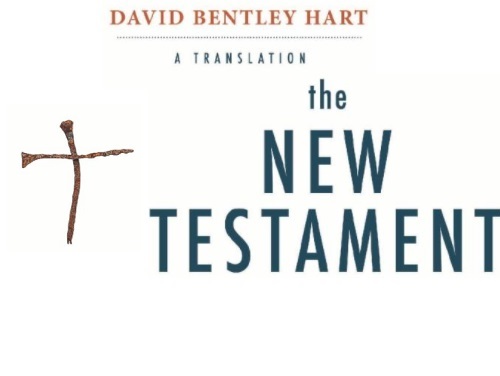
David Bentley Hart’s idiosyncratic translation of the New Testament has brought new scrutiny to his theological and economic views. Hart has written extensively of his rejection of Augustinian “election” – a view that, according to N.T. Wright, affects his rendering of the Christian Scriptures. However, Hart promotes a nearly Manichean dichotomy between rich and poor.
In the pages of First Things, Hart has argued that the New Testament regards wealth – the abundance of creation – as an “intrinsic evil,” and the wealthy “revilers of the divine name.” On the other hand, “Christ’s concern for … the abjectly destitute is more or less exclusive of any other social class.”
Fr. Gregory Jensen, an Eastern Orthodox priest and a lecturer at Acton University, reviews Hart’s thought in a new essay for Acton’s Religion & Liberty Transatlantic website. He asks the reader to take Hart’s prescriptions seriously enough to visualize their practical results:
What would happen if, as he suggests, we were to do away with private property in favor of the (purely theoretical, non-Marxist, non-materialistic, Hartian) communism he says Christians are called to live? What would happen if accepted the practical implications of Hart’s theological theory? What would happen is that people would die, and die horribly.
If Hart is correct that wealth is “intrinsically evil” – and so must not be created or maintained – we all will die horribly as humanity’s accrued wealth evaporates and poverty spreads. Hart’s “voluntary” poverty would become involuntary as resources are consumed but not replaced.
Fr. Gregory finds Hart hopelessly mired in a theological conundrum: how to reconcile the harmful impact of enacting Hart’s exegesis with the authority and wisdom of the Scriptures:
If Hart is correct, then the Gospel – in its rejection of wealth, private property, economic and technological development – paves the way for deprivation and offenses against human dignity. Is he willing to let the chips fall where they may? Or does he claim that the New Testament is able to speak truth to power, not to set up a sustainable system?

